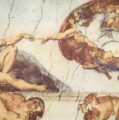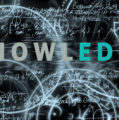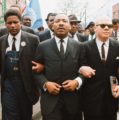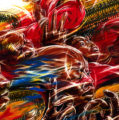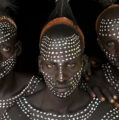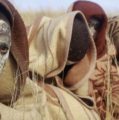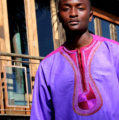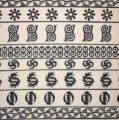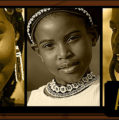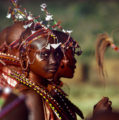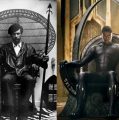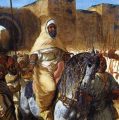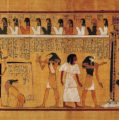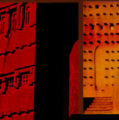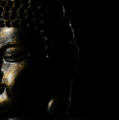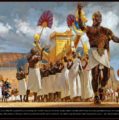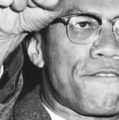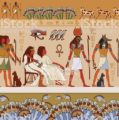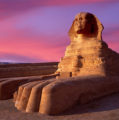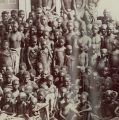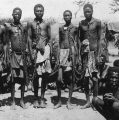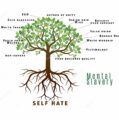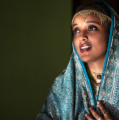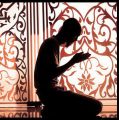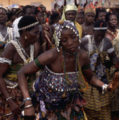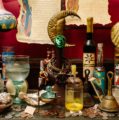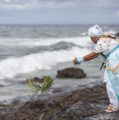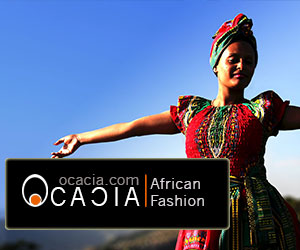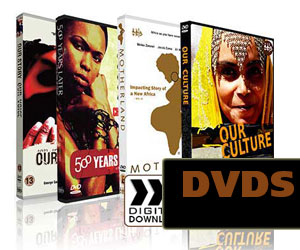

Who is a Scholar
Education April 16, 2015 Alik Shahadah

Each generation must, out of relative obscurity, discover its mission, fulfill it, or betray it.– Frantz Fanon
Who is an African scholar? In our society today we confuse someone in Universities as being a scholar. An academic is an academic who may or not be a scholar. And the word scholar only means someone with a certain degree of expertise on a particular topic. So when you say scholar you have to say scholar of what. Even the polymaths of the old days were not scholars of everything. So the term “scholar” is pretty abused and it would be easier to say someone is an expert of …
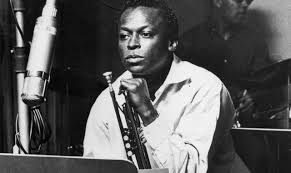
Miles skipped Music school
There is this erroneous idea that scholars have to come from institutions of academia. But just like jazz musicians do not have to come from Juilliard, there is no need for an expert on a particular subject to come from one of these structured institutions. All that happens is when people are supported by large institutions like Oxford and Harvard those places extend their reputation to all those under its wing. That does not mean those people are good or better than others outside of Oxford and Harvard. Also these universities promote their graduates in a way to create the illusion that they are the ones creating new thinkers and contributors to scholarship. But just like being a graduate of Juilliard does not mean you are a good musician so to is the case with scholars, or good scholars only being the product of famous institutions of higher learning.
CRITERIA
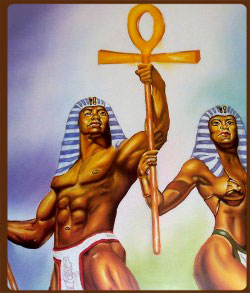
Afrocentric romance which goes no further
But as much as a scholar can come from any part of society, there are some core criteria that are necessary to even begin to be a scholar on a particular subject. Scholarship works on a meritorious system, where nothing matters than the rigor in the treatment of the subject. Either the work stands up to critical thinking and peer review; or it does not. Social media likes and sales do not make someone a good scholar, if the work is questionable.
Many of the people inside the “Black” community who are considered scholars are more akin to race-centric politicians. And while debatable it could be argued that a scholar has a degree of disconnection from the topic they study because there is a need for impartiality and full disclosure. How can someone be a scholar on a subject when the cover-up half of the facts to impose their politics? Could that be true scholarship? Bending truth, and misrepresenting data to create a political outcome? Becoming a revisionist to boast the pride of your racial group–like what Nazism did ?
MASTER TEACHER
TRUE SCHOLARSHIP
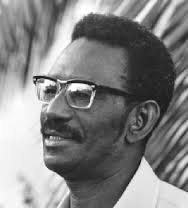
A Real African Scholar
Diop was a scholar, a true scholar who researched and produce final opinions based upon his research–unique and groundbreaking opinions at that. Ali Marzui was a real scholar, people like Karenga, Mbiti, Water Rodney are also in this class. And please note holding strong opinions or writing good poetry does not make you a scholar. And lastly being a scholar does not mean you are right. Christopher Ehert is clearly a scholar of language– he is often not right. Jared Diamond is a scholar and he made a mess when he classified some Africans as blacks while he called separated the Khoisan as something non-Black. He is not a scholar on African identity and clueless to the 10th degree on that subject. Yet he is one of the most profound scholars of our era.

